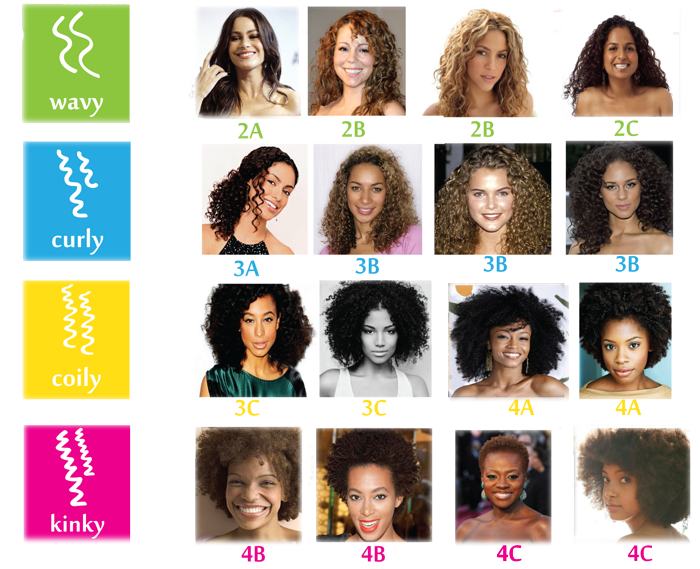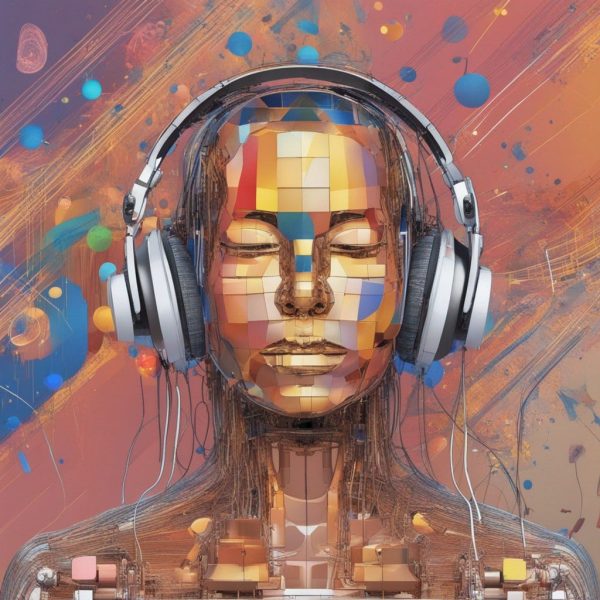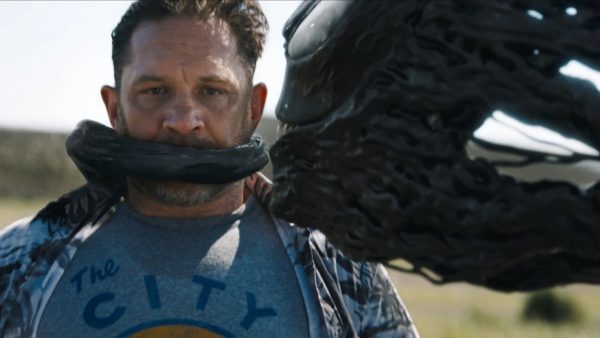Natural hair’s journey to acceptance in mainstream media
Black naturally curly hair has fought an uphill battle to become accepted in mainstream media. Originally, braids and other natural hairstyles were used to differentiate class structures and tribespeople in Africa. However, when African American women first entered the workforce, they straightened and permed their hair to assimilate into white, American culture. It wasn’t until the 1960s that natural hair, specifically the afro, was used as propaganda for individual expression and promotion for civil rights. Although natural hair is generally accepted in today’s society, it is still seen being discriminated against in professional settings.
“I hear women talk all the time about how women will wear their natural hair, how there is preferential treatment to people with straightened hair and people can be characterized as unprofessional,” Shelby Wordlaw (12) said.
Even within the natural hair community, people with a looser curl pattern are more accepted and pictured in curly hair ads instead of people with coarser, kinkier hair.
“When people think of curly hair, they think of 3b-4a curly hair… and then when women wear their 4b-4c hair out, [the reaction is] ‘oh that’s just nappy! Why don’t you do something about it?’ But that’s just their hair…,” Wordlaw said.
As curly hair becomes more accepted into society, there are still misconceptions associated with natural hair.
Controversial YouTuber ‘OnisionSpeaks’ made a video proclaiming that black people should wash their hair every day to practice good hygiene. In reality, curly hair is typically drier than straight hair; oil produced by the scalp cannot travel down the hair strand as easily because of the ringed hair pattern. Therefore, washing natural hair daily can cause severe damage.
Regardless of discrimination or misconceptions, natural hair is tied to individual expression.
“My mom pushed for me to straighten it for my senior heads, but I really didn’t want to. I wanted to wear my hair naturally curly because that’s how it is all the time, and that’s the best representation of me,” Wordlaw said.
Your donation will support the student journalists of White Station High School. Your contribution will allow us to purchase equipment and cover our annual website hosting costs.





































